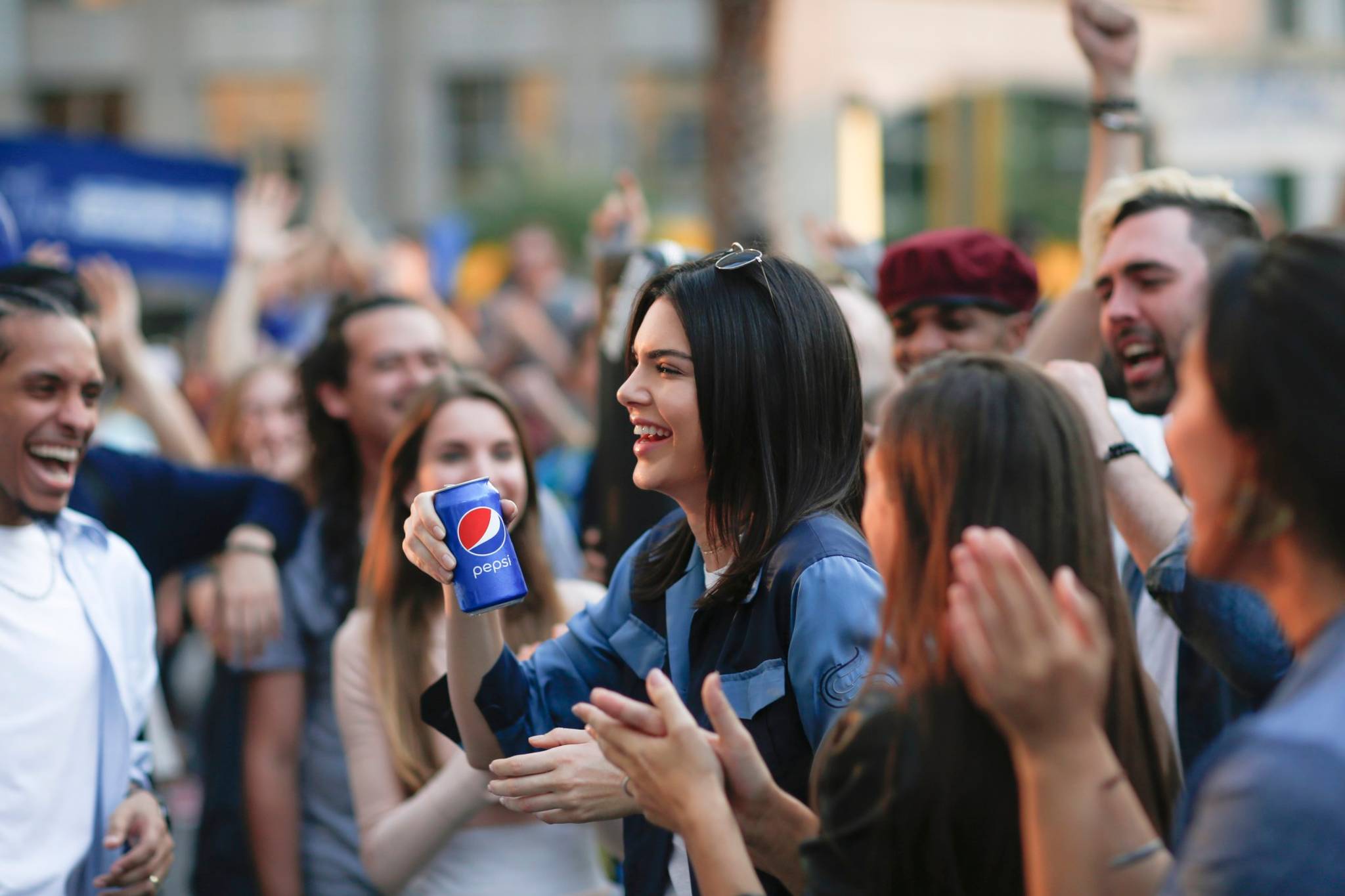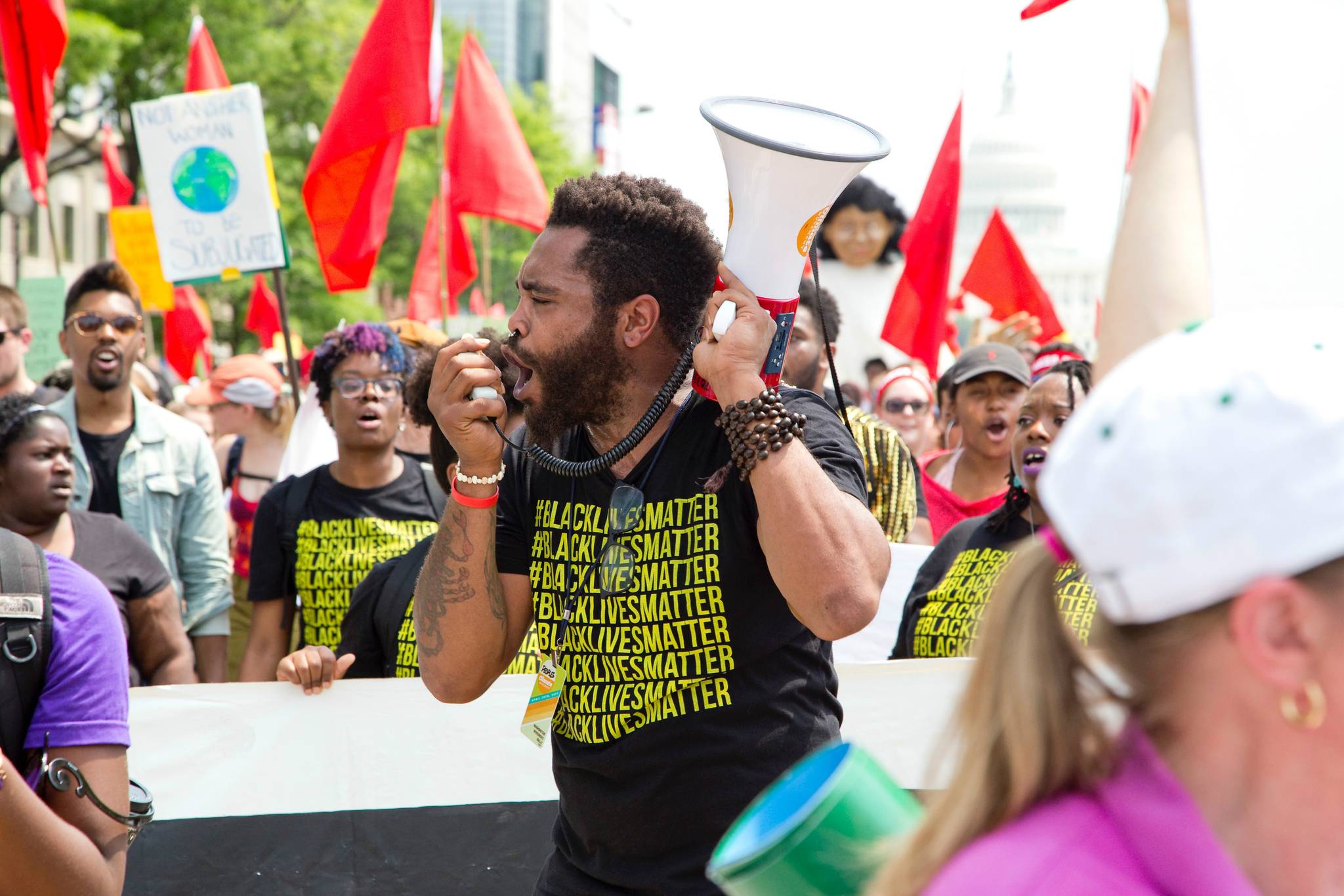
Ram’s Super Bowl commercial garnered criticism from viewers for using part of a sermon by Martin Luther King Jr. The spot, which aimed to align the car brand with the sermon’s message of service, cooperation, and community, was called out for inauthentically co-opting Dr. King’s words. We explore the insights behind the demand for sincerity – not just lip service – from brands.
Ram Trucks' 2018 Super Bowl advert consists of a montage of images showing people, often working collaboratively, in roles such as chopping wood, marching in lines and fire-fighting, interspersed with clips of a truck transporting heavy loads and battling the elements. But the choice of voice-over, an excerpt from Dr. King’s 1968 'Drum Major Instinct' sermon, drew online criticism for co-opting MLK’s integrity for commercial gain. Historian Michael Beschloss highlighted the irony, tweeting: “During his sermon of 50 years ago today, Martin Luther King also advised people not to spend too much money on their cars.”
The ad, with its tagline ‘Built to Serve’, was intended to draw attention to Ram Nation – a volunteering venture by the company and its drivers – which could certainly chime well with the 85% of people who believe brands should play a larger role in society. But the use of MLK to promote a vehicle “strikes many people as crass and inappropriate," says Tim Calkins, a marketing professor at Northwestern University.
While people are increasingly responsive to celebrity endorsements – especially those that position the celeb as an ambassador or collaborator – the impossibility of MLK giving his blessing leads the pairing to come across as inauthentic. The backlash has been particularly strong because it is seen to be co-opting a powerful, political voice that people feel a deep attachment to – it’s the same instinct that had people balking at the insincerity of Pepsi’s Kendall Jenner ad in 2017.
Katy Young is a behavioural analyst at Canvas8, which specialises in behavioural insights and consumer research. She has a degree in American Studies and Film, and a Master’s in Journalism. Her interests include wild swimming, thinking of podcast ideas, and singing in an all-female choir.



